- Home
- Non Fiction
- Business & Management
- Business Writing & Communication
- Life After Google - The Fall of Big Data and the Rise of the Blockchain Economy
Life After Google - The Fall of Big Data and the Rise of the Blockchain Economy
By: George Gilder
-
Rs 3,990.75
- Rs 4,695.00
- 15%
You save Rs 704.25.
Due to constant currency fluctuation, prices are subject to change with or without notice.
Life After Google: The Fall of Big Data and the Rise of the Blockchain Economy
By: George Gilder
Rs 3,597.50 Rs 7,195.00 Ex Tax :Rs 3,597.50
Knowledge and Power: The Information Theory of Capitalism and How it is Revolutionizing our World
By: George Gilder
Rs 2,545.75 Rs 2,995.00 Ex Tax :Rs 2,545.75
Life After Google - The Fall of Big Data and the Rise of the Blockchain Economy
By: George Gilder
Rs 3,990.75 Rs 4,695.00 Ex Tax :Rs 3,990.75
Zubin Mehta: A Musical Journey (An Authorized Biography)
By: VOID - Bakhtiar K. Dadabhoy
Rs 892.50 Rs 1,050.00 Ex Tax :Rs 892.50
What They Dont Teach You at Harvard Business School: Notes from a StreetSmart Executive
By: Mark H. Mccormack
Rs 3,415.50 Rs 3,795.00 Ex Tax :Rs 3,415.50
Winning @ Call Centre: Confessions of a Calling Agent
By: Madhukar Yadav
Rs 1,610.75 Rs 1,895.00 Ex Tax :Rs 1,610.75
Emote : Using Emotions to Make Your Message Memorable
By: Vikas Gopal Jhingran
Rs 760.75 Rs 895.00 Ex Tax :Rs 760.75
Dark Pools: The rise of AI trading machines and the looming threat to Wall Street
By: Scott Patterson
Rs 1,610.75 Rs 1,895.00 Ex Tax :Rs 1,610.75
Smarter Than You Think How Technology is Changing Our Minds for the Better :
By: Clive Thompson
Rs 2,800.75 Rs 3,295.00 Ex Tax :Rs 2,800.75
No similar books from this author available at the moment.
Escape to Wonderland: A Colouring Book Adventure
By: Good Wives and Warriors
Rs 1,705.50 Rs 1,895.00 Ex Tax :Rs 1,705.50
The Mortal Instruments 1: City of Bones
By: Cassandra Clare
Rs 2,065.50 Rs 2,295.00 Ex Tax :Rs 2,065.50
Zubin Mehta: A Musical Journey (An Authorized Biography)
By: VOID - Bakhtiar K. Dadabhoy
Rs 892.50 Rs 1,050.00 Ex Tax :Rs 892.50
Life After Google: The Fall of Big Data and the Rise of the Blockchain Economy
By: George Gilder
Rs 3,597.50 Rs 7,195.00 Ex Tax :Rs 3,597.50
Knowledge and Power: The Information Theory of Capitalism and How it is Revolutionizing our World
By: George Gilder
Rs 2,545.75 Rs 2,995.00 Ex Tax :Rs 2,545.75
Life After Google - The Fall of Big Data and the Rise of the Blockchain Economy
By: George Gilder
Rs 3,990.75 Rs 4,695.00 Ex Tax :Rs 3,990.75












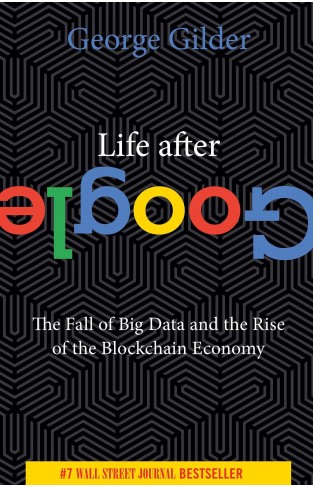
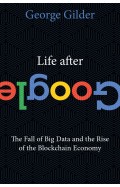
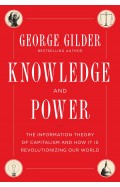


-120x187.jpg?q6)






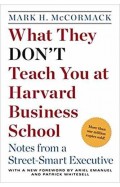
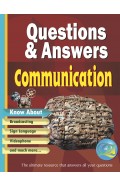




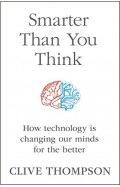
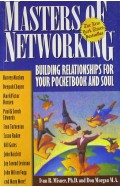
-120x187.jpg?q6)
